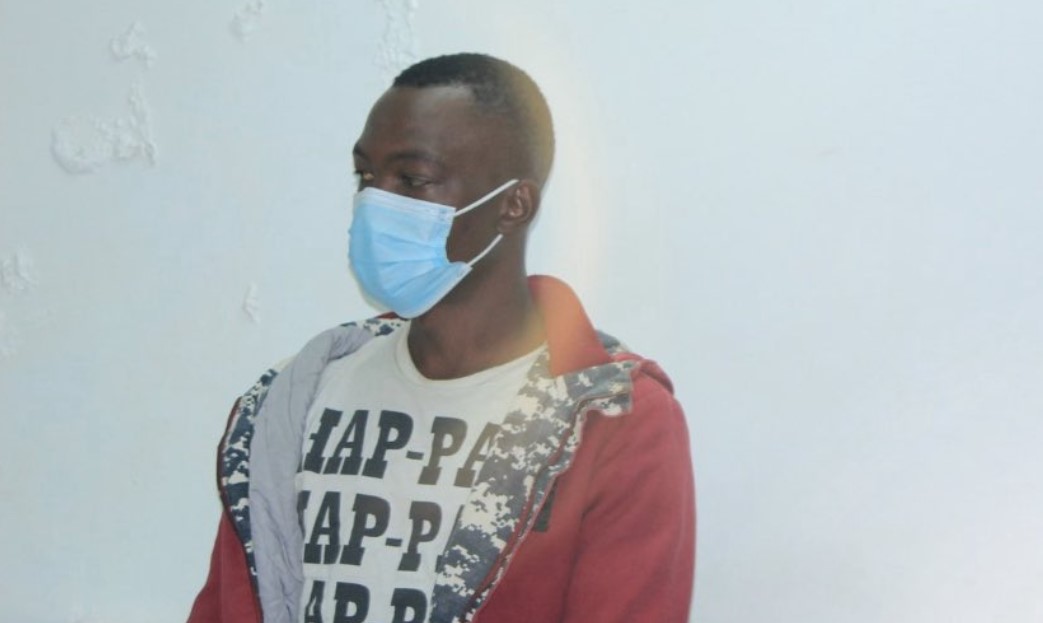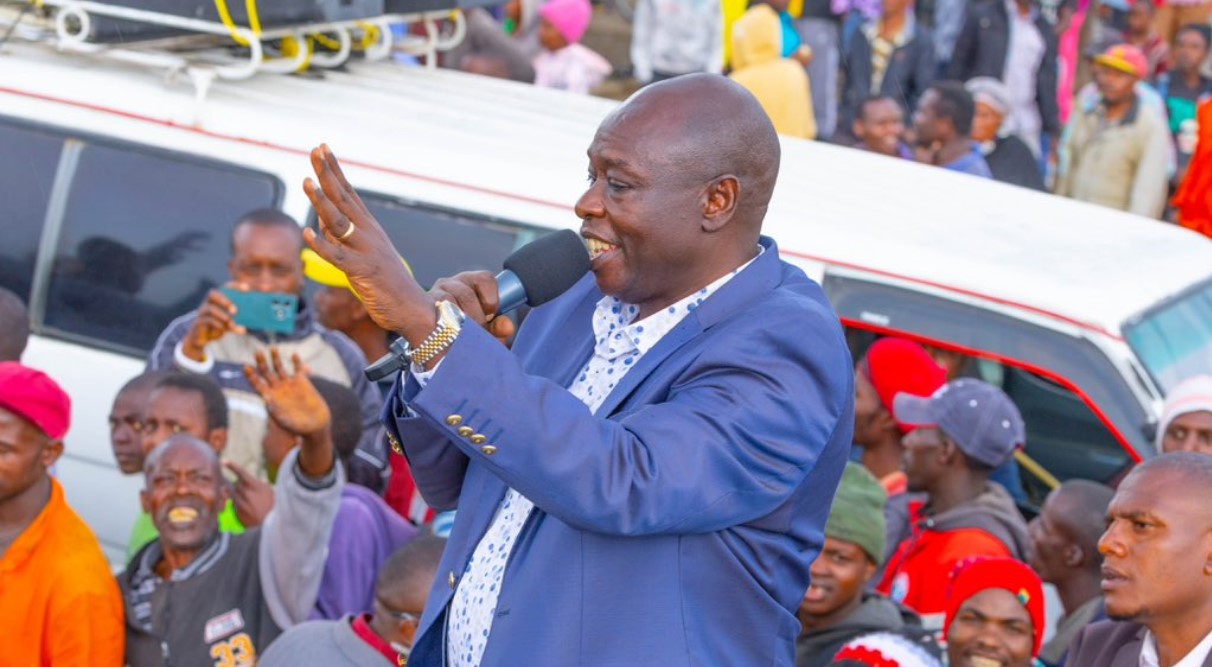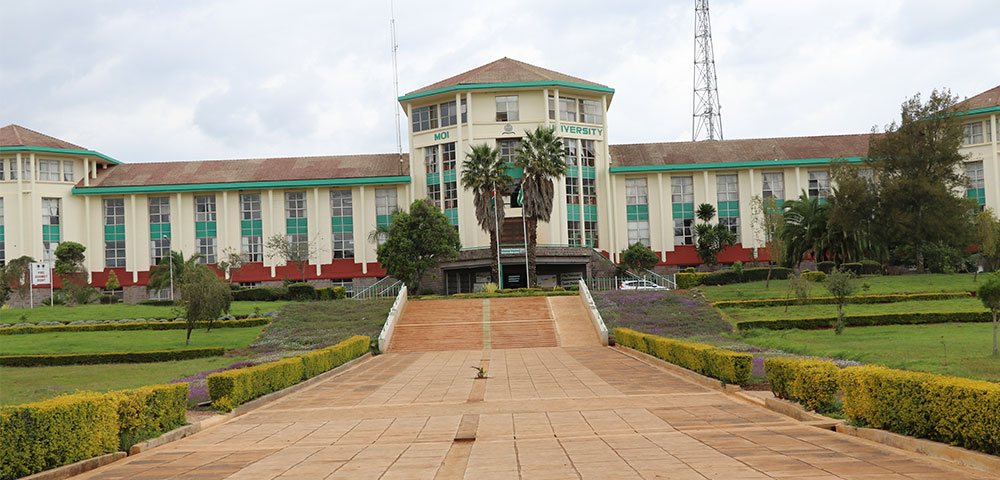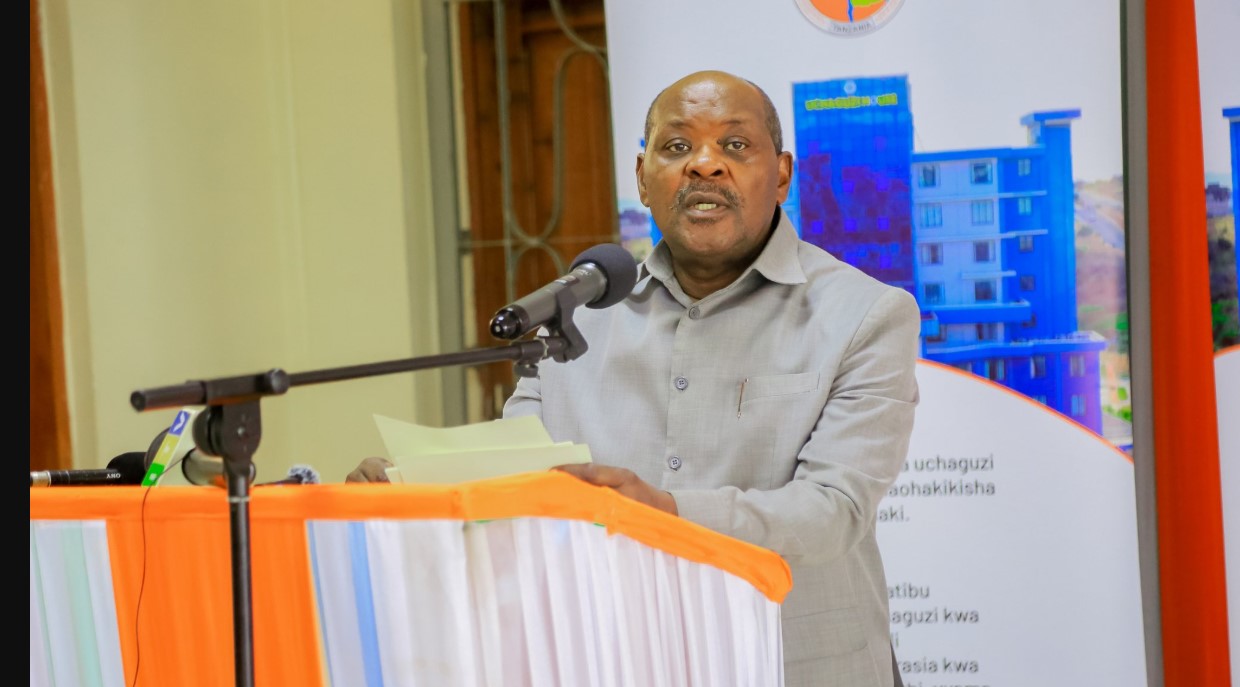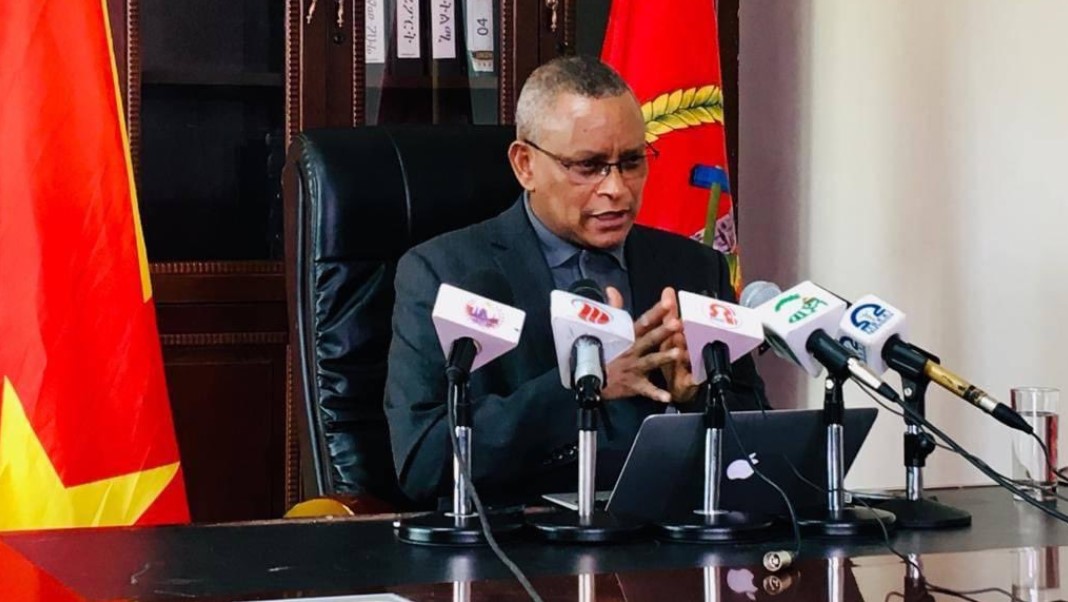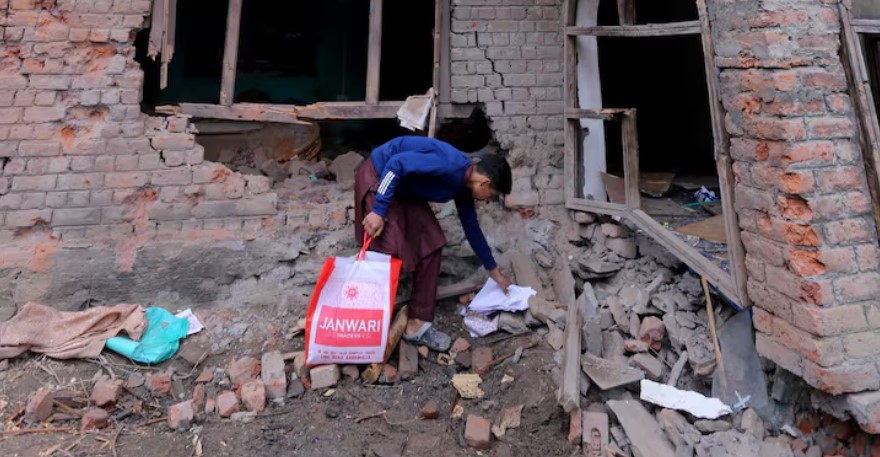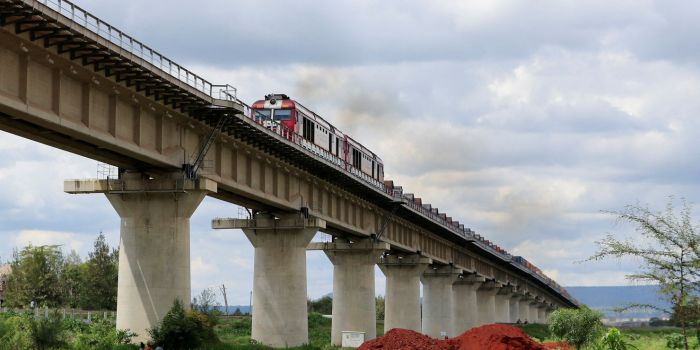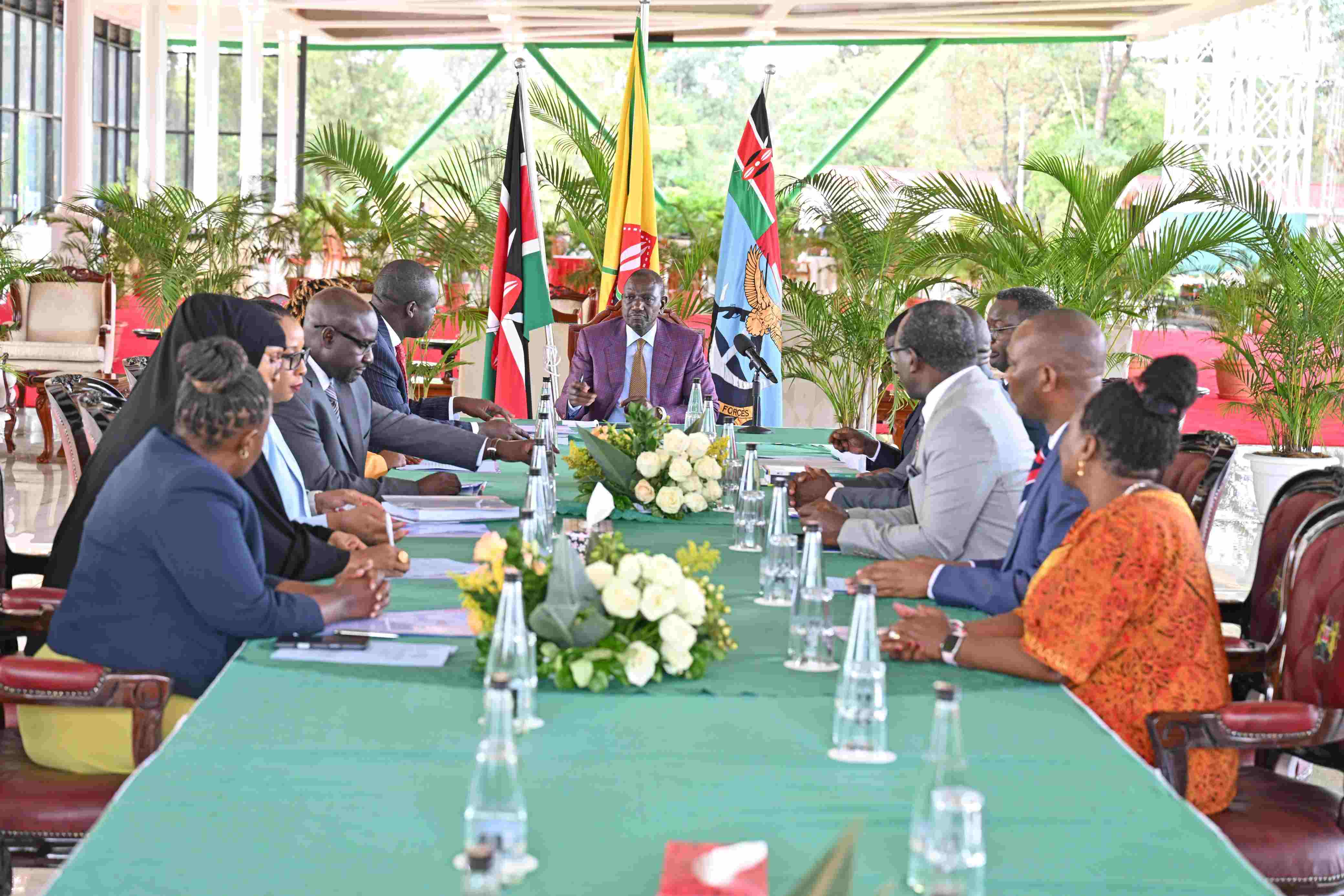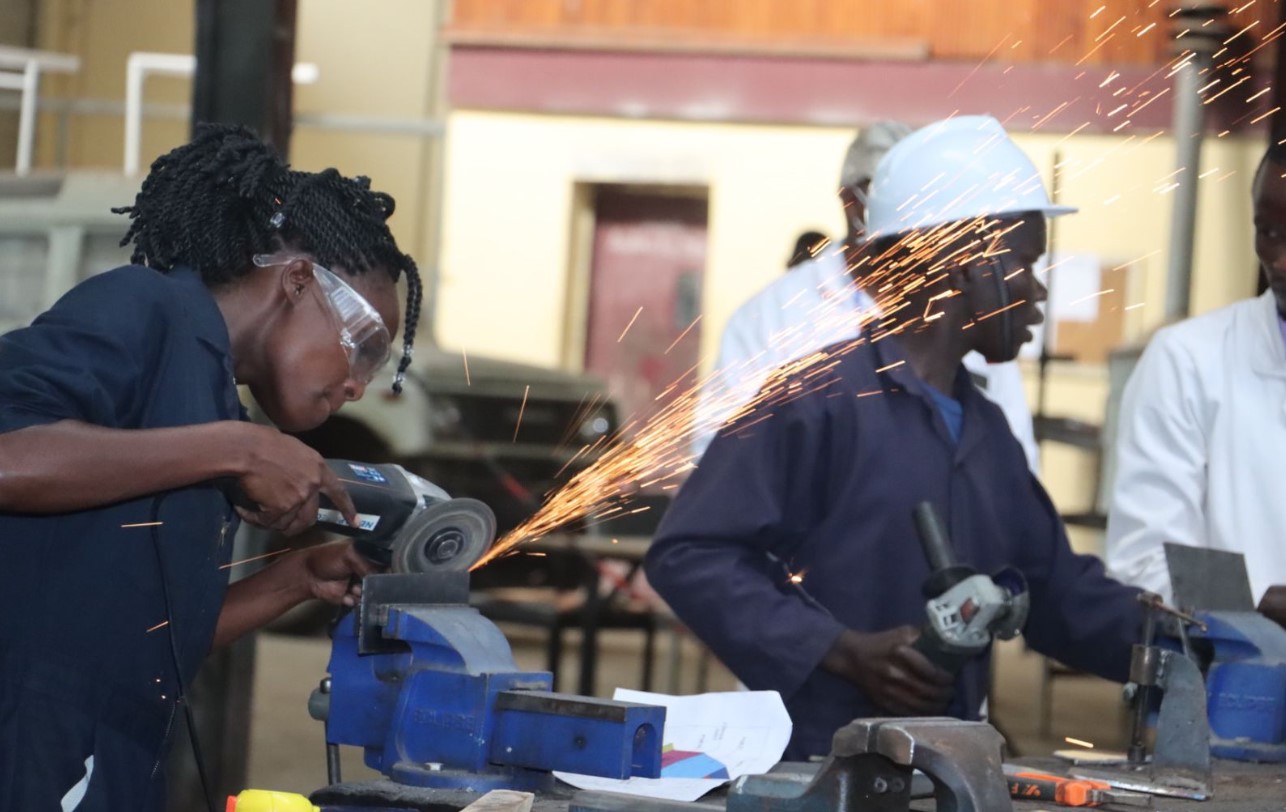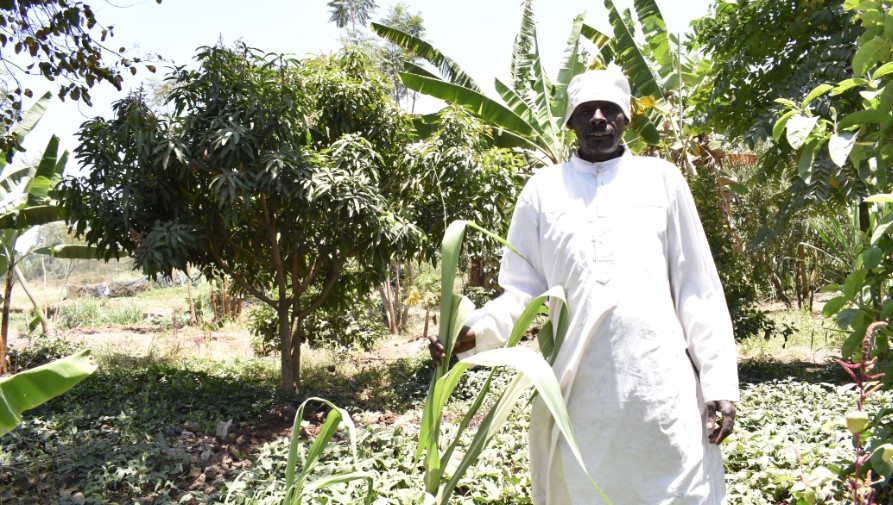SUPKEM backs Ruto’s IEBC nominees, urges fast vetting amid political tensions
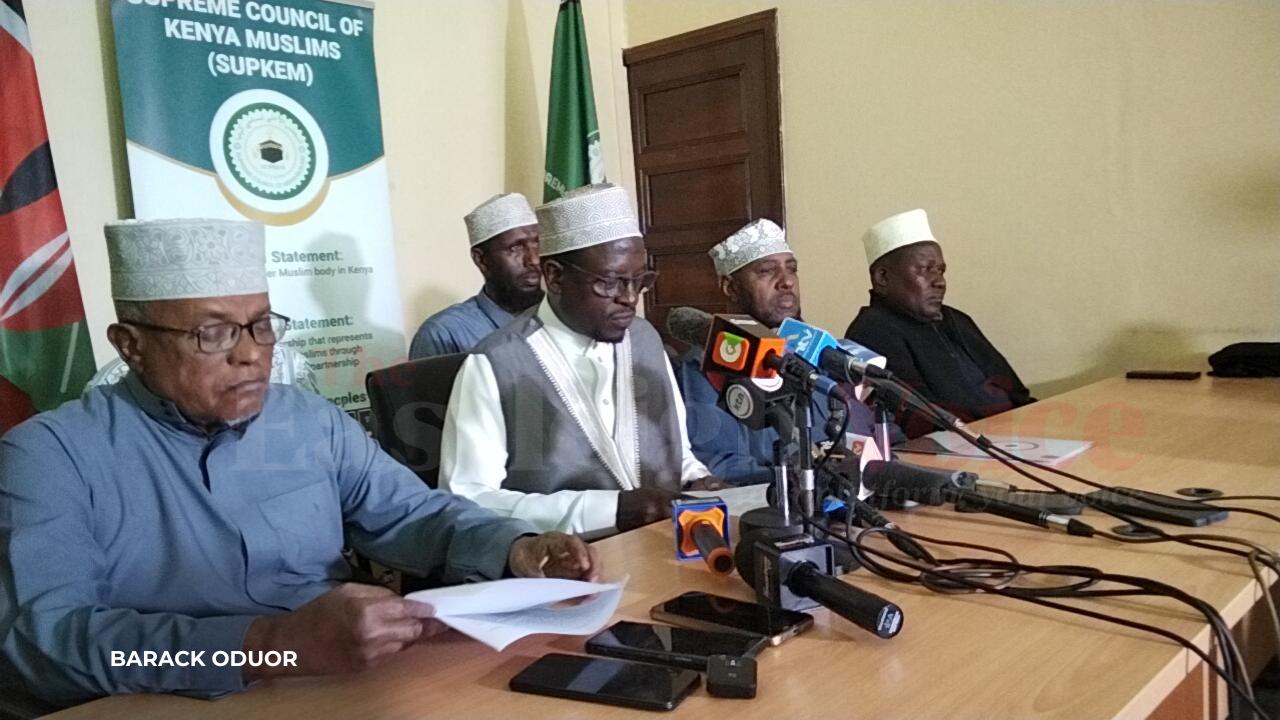
Through its National Chairman Hassan Ole Naado and other top officials, SUPKEM said it supports and has confidence in the nominees.
The Supreme Council of Kenya Muslims (SUPKEM) has asked Kenyans to support President William Ruto's nominees to the Independent Electoral and Boundaries Commission (IEBC).
Through its National Chairman Hassan Ole Naado and other top officials, SUPKEM said it supports and has confidence in the nominees.
More To Read
- SUPKEM joins churches to criticise government's failure to address public concerns
- Group launches fundraising drive for Gaza war victims' medical needs
- SUPKEM distances itself from court case seeking removal of Ruto, Gachagua
- Kenyan pilgrims raise concerns over poor Hajj services in Saudi Arabia
- Muslim leaders push for state action on muguka's health, social risks
- Clerics: Our churches, mosques are open for flood victims
However, the council expressed concern about what they termed as toxic political rhetoric that has already greeted the nominees.
"A section of our senior politicians has publicly cast aspersions on the character and competence of the nominees, especially the nominee for the IEBC chairmanship," said Hassan.
The council appealed to the National Assembly to expedite the vetting of the nominees for a speedy reconstitution of the IEBC because Kenyans are anxious for the agency to be up and running to conduct pending by-elections and embark on the delayed boundaries review.
Consultations
Hassan noted that one of the issues raised by a senior politician is that there should have been further consultations within the dominant political class before the President announced the nominees from the list presented to him by the selection panel.
"We find this suggestion absurd because constituting the panel itself was a very participatory, negotiated and consultative process. In fact, some of the senior politicians now admonishing the President for announcing the nominees had their most competent representatives on the selection panel," he said.
In their view, any further delay will affect these processes and affect preparations and timelines for the next presidential and general elections, which, as the present political environment attests, promise to be very competitive.
National Assembly Speaker Moses Wetang'ula has come to Ruto’s defence over the recent nominations of a new chairperson and IEBC commissioners.
While speaking on Sunday in Tinderet, Nandi County, he clarified that the incoming chairperson and commissioners were not selected by the President.
In his view, Ruto's role was simply that of a pathway and that Parliament has the ultimate powers to decide who oversees the next polls.
"The President is not appointing commissioners; he is simply part of a constitutional process," said Wetang'ula.
"Parliament has the ultimate authority to either approve or reject the nominees. Let us not fall into the habit of opposing everything simply because it wasn't our idea."
Ruto's nominees
On Thursday, Ruto nominated Erastus Edung Ethekon from Turkana County as the chairperson. The president also nominated six other individuals to serve as members of the commission and submitted their names to Parliament for vetting.
This move was met with resistance from the fresh-look opposition, led by Wiper party leader Kalonzo Musyoka, who accused Ruto of solely appointing new commissioners against the NADCO report.
Kalonzo, while maintaining that the President can't be the player and pick the referee, revealed that he had written to Ruto and Raila as a principal during NADCO, but did not receive a response.
"We are not going to allow this thing to be easy," Musyoka said.
But Wetangula, in a rejoinder, aimed a subtle dig at the opposition by calling on anyone with grievances regarding the new nominees to take it up with the Justice and Legal Affairs Committee (JLAC) of Parliament.
Under Article 250(2)(b) of the Constitution, the names of nominees of independent commissions must be submitted to the National Assembly for vetting, which is handled by JLAC.
JLAC then submits a report with recommendations, either to approve or reject the nominees.
Thereafter, the National Assembly will debate the committee's report to determine whether to approve or reject the nominees through a simple majority vote.
In the event a nominee is not considered, Ruto will have to submit a new nominee, and the process will start over again. If accepted, the President will formally appoint the nominees through a gazette notice.
Top Stories Today


